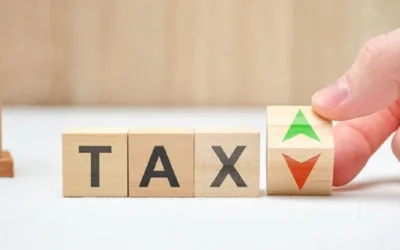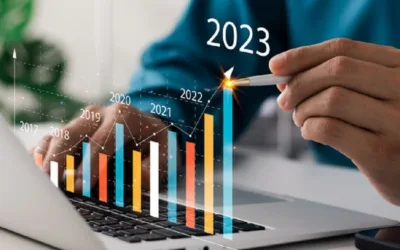What would it take to make you want to work again?
Higher wages? Manageable hours? Or a guarantee that your benefits and entitlements would not be jeopardised?
Or maybe all of the above?
In short, what would it take to lure you back into the workforce?




